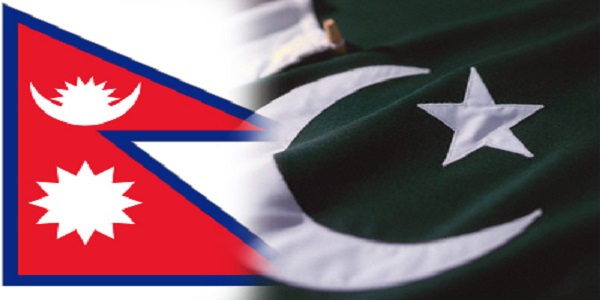Prime Minister Imran Khan on Monday commended his Nepali counterpart Sher Bahadur Deuba upon winning the vote of confidence in the parliament on Sunday, days after the Supreme Court restored the government that was disbanded in May.
“The PM looks forward to further deepening its cordial ties with Nepal,” the Prime Minister’s Office tweeted through its official account.
Prime Minister @ImranKhanPTI congratulates Nepali Prime Minister @DeubaSherbdr on winning the vote of confidence from the House of Representatives.
The PM looks forward to further deepening its cordial ties with Nepal. 🇵🇰🤝🇳🇵 pic.twitter.com/nGGBd40Nlf
— Prime Minister's Office (@PakPMO) July 19, 2021
The 75-year-old, Sher Bahadur Deuba who has held the office four times before, won 165 votes beyond the 136 required with 83 votes against him, parliament speaker Agni Sapkota said.
Sher faces the instant task of obtaining inoculations and regulating the spread of COVID-19.
The government has claimed that the deadly virus has infected 667,109 people and killed 9,550. Public health experts say an under-reporting of cases in the country means the statistics could be greater.
Whereas, fewer than 4% of the country’s 30 million people have been completely vaccinated against COVID-19.
More than 1.3 million people, who have had the first dose of inoculation, are pending a second as the government ascents to obtain shots.
“Combating COVID will be the first priority of the new government,” Deuba said in parliament.
The new government has promised to inoculate a third of its people in the next three months and every Nepali by next April.
On the contrary, last Monday, the Supreme Court ordered Deuba to be appointed PM in place of KP Sharma Oli.
It ruled that Oli, who had been in power for three years, had ruptured the composition by dissolving parliament.
However, Deuba still needed to win the confidence vote, under the constitution.
Deuba, head of the centrist Nepali Congress party, will chair an alliance with former communalist rebels and a party demonstrating a minority communal dominant on Nepal’s southern plains.



















